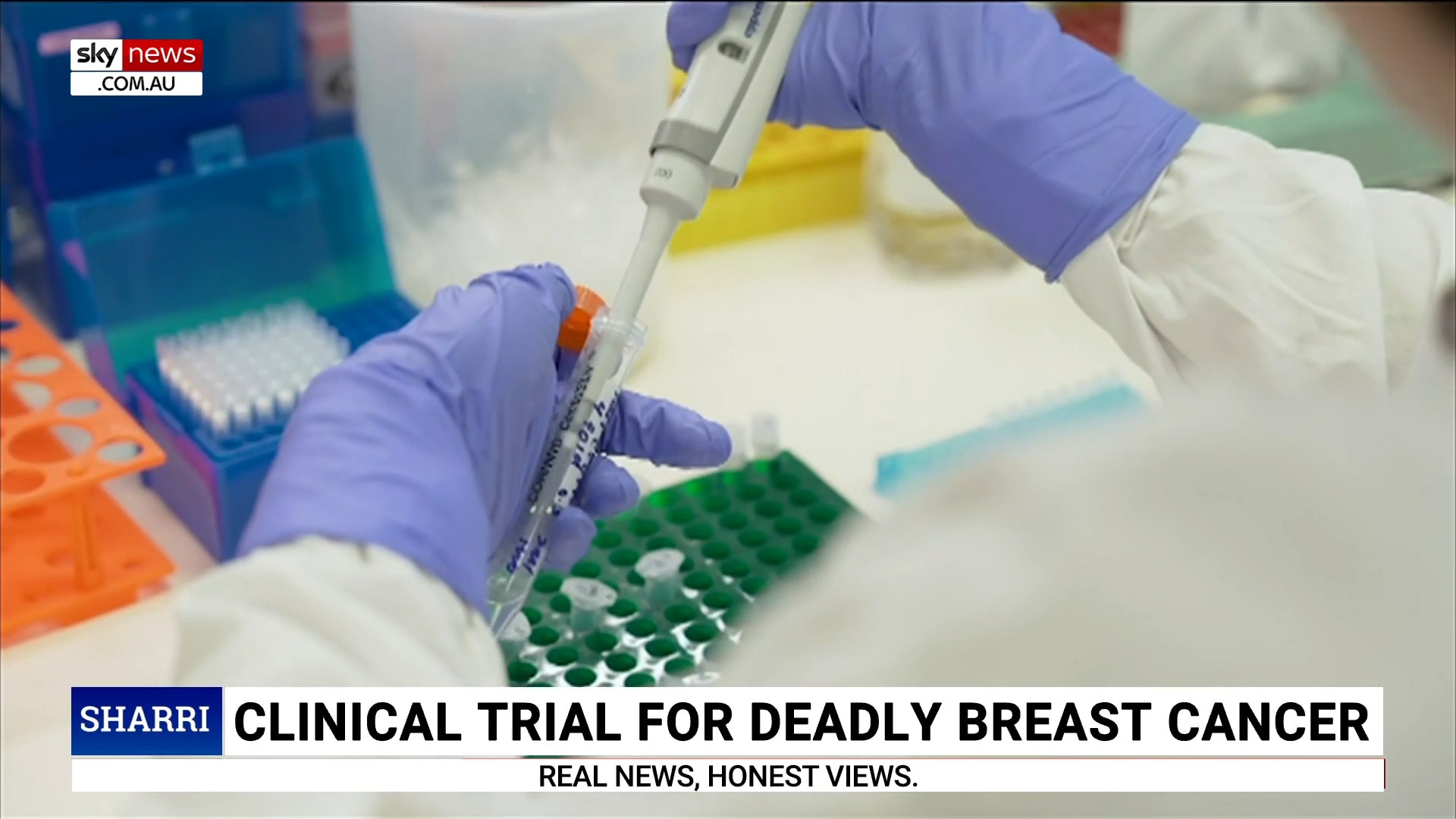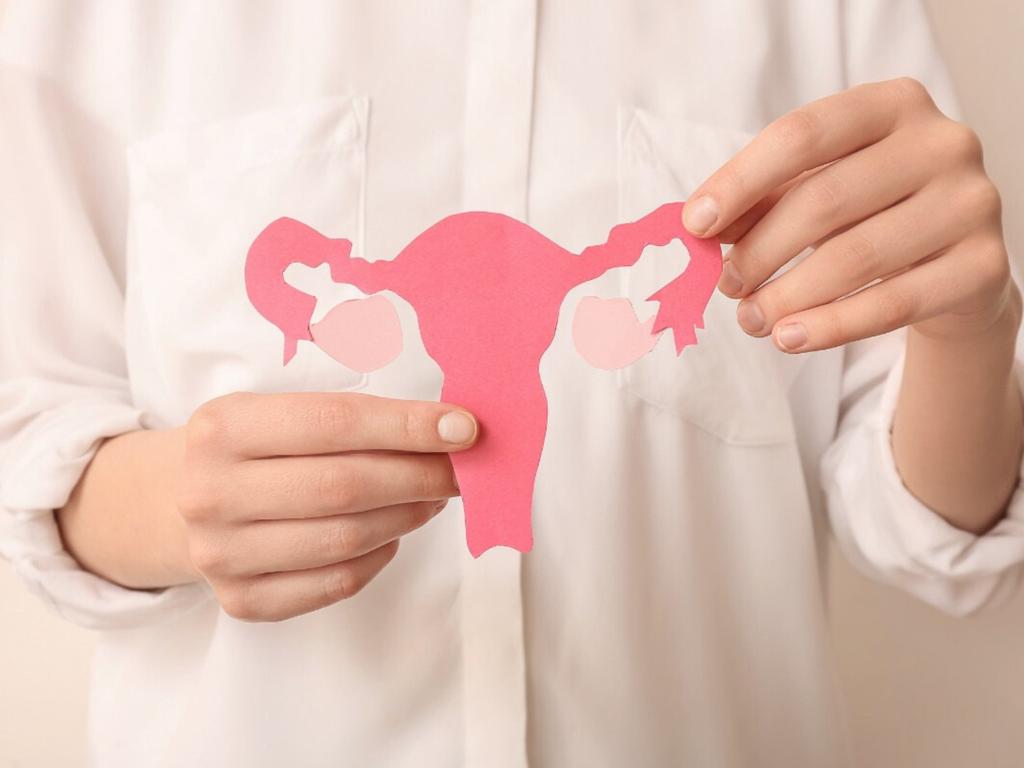Australia must seize its medical research sovereignty – before it’s too late
It should be easier to commercialise Australian medical research, a key industry figure says.

As a federal election approaches on May 3, Australians are being asked to decide what kind of future they want. For us, the answer is clear: a sovereign, secure and self-determined Australia must place medical research at the heart of its national ambition, not as a cost but as a catalyst.
Medical research is about national capability. It’s about improving population health, growing new industries, creating high-skilled jobs and building a knowledge economy that will outlast any single election cycle. It’s a matter of sovereignty, of Australia owning its future rather than outsourcing it.
QIMR Berghofer is a Brisbane-based medical research institute established in 1945. Today it is one of Australia’s largest and most prestigious independent institutes, employing more than 1000 staff across 67 laboratories. Our researchers lead internationally recognised work in cancer, infectious diseases, mental health and chronic disorders. QIMR Berghofer is ranked second in Australia and among the top 100 globally for biomedical research, according to the Nature Index – a reflection of our scientific impact and global competitiveness.

During the Covid-19 pandemic, Australian researchers made vital contributions, from vaccine development and antiviral research to public health modelling and genomic surveillance. However, unlike countries such as Britain, Australia lacked the domestic manufacturing capacity, streamlined clinical trial networks and investment readiness to bring a vaccine to market. At QIMR Berghofer, we supported national efforts by testing therapies, conducting genomic sequencing and modelling virus transmission. But without national co-ordination and investment, much of this work couldn’t progress further.

We demonstrated that, when empowered, Australian research delivers global impact. But now, with public investment plateauing and international funding becoming more politicised, the question is not whether we can lead again – it’s whether we’ll retain the ability to.
This is not a plea for handouts, it is a call to ambition. Countries that invest in medical research not only are improving health outcomes, they also are building entire industries – biotech, immunotherapy, precision medicine, mRNA technologies, cellular therapies. These are not abstract ideas. They are multibillion-dollar sectors that are transforming global economies.
The recent decision by the US to reduce funding to overseas research institutions – despite contributing $386m to Australian-based research in 2024 – is a wake-up call. That figure represents about 42 per cent of the annual budget of the Medical Research Endowment Account, Australia’s primary federal research fund within its main health research body, the National Health and Medical Research Council.
Such reliance on foreign support is unsustainable. Sooner or later it will come with strings attached – or disappear altogether. No sovereign nation should build its research future on decisions made offshore.
QIMR Berghofer has not been directly affected by US cuts but the environment is changing. Since January 2025, the new US administration has introduced policies deprioritising foreign funding and diversity initiatives, resulting in temporary freezes, delayed communications and lower cost recovery rates for international institutions.
A new US budget may bring clarity but uncertainty remains. We cannot ignore the risk.
Australia’s economy is among the least diversified in the OECD. We talk often about future industries – but here is one already delivering, already competitive and poised for growth. With the right platform, Australia could develop a globally competitive biomedical industry. We have the talent, infrastructure and breakthroughs. What is needed is national focus and long-term vision.

At QIMR Berghofer, we are developing advanced cellular therapies already being used under the Therapeutic Goods Administration’s Special Access Scheme – a regulatory pathway that allows clinicians to provide unapproved but promising treatments to individual patients when no other options exist. Demand is rising. We are ready to scale. But manufacturing each new therapy still requires individual TGA approval, a slow process that limits the pace at which we can meet demand.
This is not just a clinical challenge, it’s a national opportunity.
Medical research is not a lifeline, it’s an investment with expected returns. It drives technologies, companies, jobs and export markets. It strengthens our health system and boosts productivity. In a country where chronic disease causes nearly 90 per cent of all deaths, this is not just good policy – it’s smart economics.
What’s needed now is a bipartisan commitment to research sovereignty: the ability to set our own priorities, grow our capabilities and build economic strength from our scientific success.
This election is a chance to think bigger, to move beyond the rhetoric of scarcity and commit to ambition. Medical research doesn’t need saving – it can help save us.
Fabienne Mackay is director and chief executive of QIMR Berghofer.




To join the conversation, please log in. Don't have an account? Register
Join the conversation, you are commenting as Logout